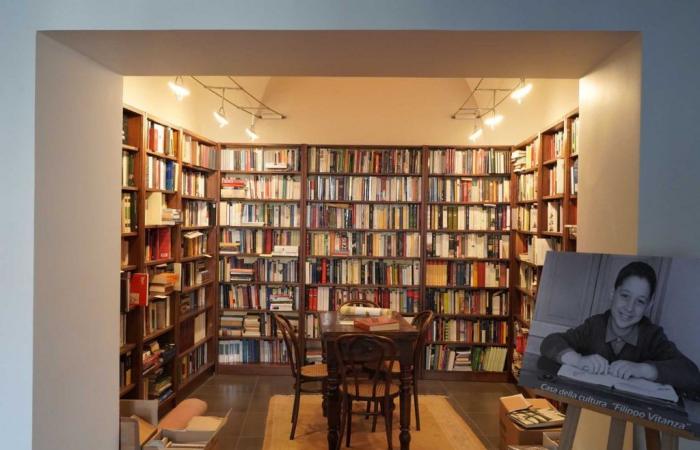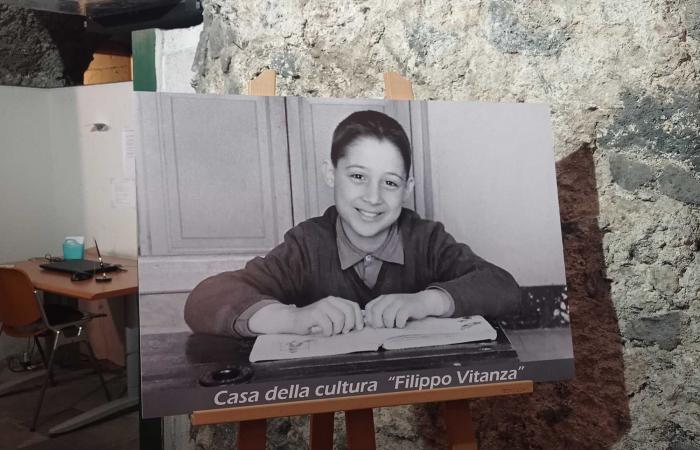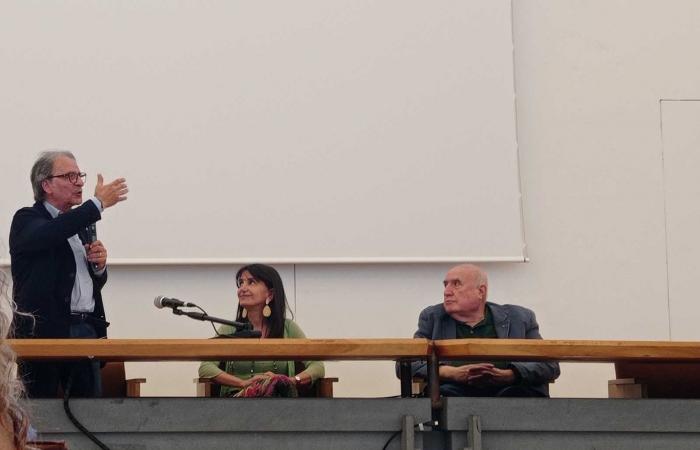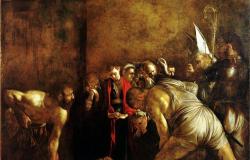Multilingual and multidisciplinary. But above all with a spirit that interprets the European values of pluriculturalism with in-depth analysis on international institutions, relations between peoples, linguistics, the Mediterranean and the Middle East, religions, art, music and entertainment, people’s rights, essays on current affairs.
An encyclopedic journey that pays particular attention to Greece and the classical world as well as a rich audio-video sector.
This is what the Filippo Vitanza Funda heritage of more thirty thousand volumes which the family of the European Parliament official active in the translation sector and, in particular, translation from Greek, six years after his death, decided to donate to the Humanities Department of the University of Catania.
And in recent days, in the “Santo Mazzarino” great hall of the Benedictine Monastery, the House of Culture “Filippo Vitanza” was presented to the city of Catania.
A heritage resulting from the lifelong passion of Filippo Vitanza, a polyglot and for almost thirty years an official of the European Parliament in the translation sector, who spoke, wrote and worked using more than ten languages (German, Greek, French, Spanish, Maltese, Portuguese, English, Russian, Serbian, Turkish, Persian and others), some of these learned by self-taught.
House of Culture “Filippo Vitanza”
As someone who is very curious about the world, the knowledge of languages for him it was not just a technical question. Behind each language he delved deeper and did his best to discover the history, cultures and popular traditions of the countries and continents to which the languages referred. Precisely for this reason the Library donated to the University appears unique in its kind.
Filippo Vitanza, born and raised in the working-class neighborhoods of Catania, graduated in 1973 in Foreign Languages and Literatures and in 1980 won the competition at the European Parliament as translator from Greek to other European languages, and vice versa, on the occasion of Greece’s entry into the European Union after the period of the colonels’ dictatorship.
Now, six years after his death, his desire to donate and make the collection live in the city of Catania has materialized.
The Vitanza family, in fact, wondered how to manage one collection so vast (over thirty thousand volumes of all sorts, from linguistic grammars to cinematography texts) and thus chose to offer it to the library of the Department of Humanities of the University of Catania, so that the collection could be cared for with due expertise , but was also accessible to all culture enthusiasts like Filippo Vitanza was.
A little Filippo Vitanza
The ceremony
Prof. took part in the initiative Marina Painodirector of the Department of Humanities, the teachers Simona Inserra and Silvano Nigro and the architect Giuseppe Scannella (Vitanza’s cousin) as well as numerous relatives and friends who in their memories unanimously affirmed their admiration for the person of Filippo Vitanza.
Silvano Nigro, professor emeritus at the IULM in Milan, immediately involved those present with his personal memories of Vitanza regarding his university studies and, in particular, his degree thesis, considered a rather difficult read and, on the contrary, strenuously defense for the precocious critical acumen demonstrated. Nigro also said he was happy to be able to collaborate on the recovery project of the library and the collection of the “Filippo Vitanza” House of Culture.
This is a large part of what Vitanza’s person and personal library represents according to the professor Simona Inserrahead of the Disum library, who also underlined «the intangible value given by the free sharing of a collection designed with a meaningful arrangement and with an interconnection of texts that only few libraries can boast».
Following Giuseppe Scannella he addressed a moving thought to his cousin Filippo, praising his boundless curiosity, defining him as a true “bibliophile”.
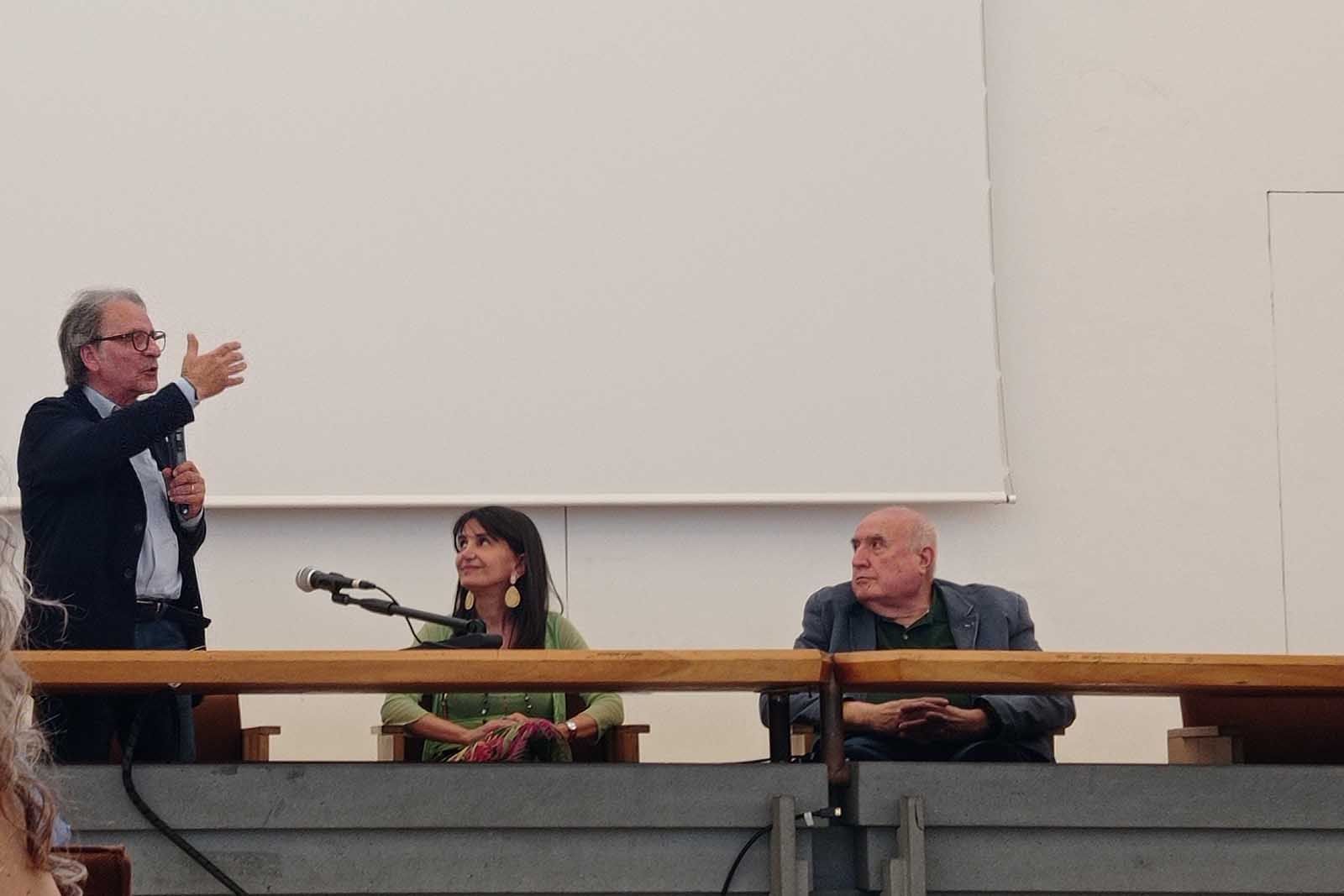
A moment of the presentation in the “Santo Mazzarino” great hall at the Benedictine Monastery
But who is actually a bibliophile? Before drawing its profile, we could mention the history-legend of Gerbert of Aurillac, known as Sylvester II, the Pope of the year one thousand. It is said that he was so passionate about books that one day he purchased a very rare codex of the Pharsalia of Marco Anneo Lucano, promising in exchange a leather armillary sphere: a rare book for a fanciful leather astrolabe.
However, Gerberto was not aware of the fact that Lucan had not been able to complete his work, since Nero had forced him to commit suicide by cutting his wrists. As a result, once he received the book, he could only read half of it.
Every bibliophile, after examining the newly purchased volume, finds it incomplete or damaged, returns it to the bookseller. However, Gerberto could not afford to deprive himself of even just one page of that rarity; he respected the agreement, but in his own way, handing over only half of the leather astrolabe.
This pleasant story was useful for us to get an idea of the figure of the bibliophile, as well as the ingenious ideas he can come up with to safeguard what is dearest to him: the book.
The bibliophile is, in conclusion, a voracious reader and a collector of literary artifacts, attracted by ancient volumes, autograph manuscripts, first editions, refined prints and illustrated works. For the subject in question, edition, printing and content are on the same level. The emotions that we can derive from reading the text, the bibliophile experiences by caressing a very specific type of paper and having, perhaps, a first reprint.

